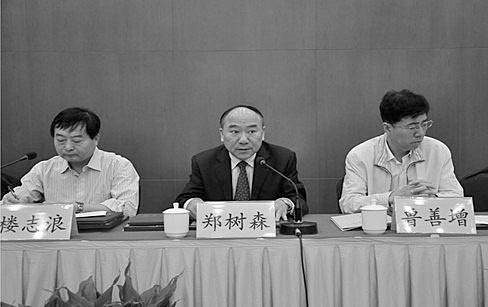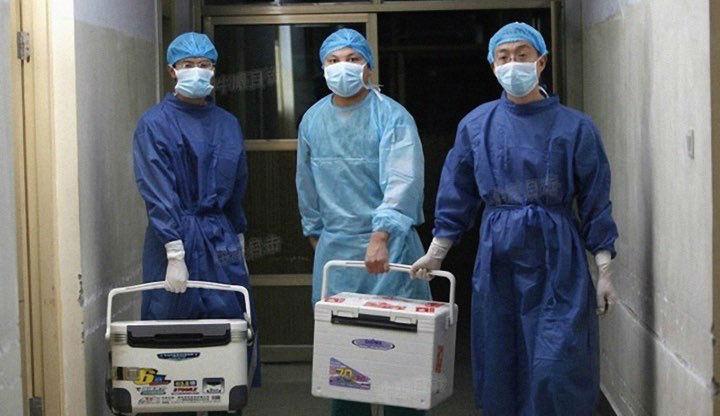Twenty of the world’s heads of state are descending on Hangzhou, China, on Sept. 4–5 for the G-20. When they want to take a break from talking about the state of the world’s economy, they should ask their hosts for a tour of the First Affiliated Hospital of Zhejiang University, the largest organ transplantation center in eastern China.
A trip to the hospital from the G-20 site, the Hangzhou Olympic and International Expo Center, would normally take about 25 minutes by car. But the Public Security in China is expert at moving people out of the way, and, with its help, the 6-mile trip can easily be done in 10 minutes.
Once there, the world leaders could be given a tour of the facility by Dr. Zheng Shusen. Zheng is the president of the hospital and the former director of the China Organ Transplantation Society.






